La columna de Iniciativa 19 de Séptimo díaLa culpa y sus herramientas para amarnos. del amigo usuario @emiliorios nos lleva a un maravilloso tema,
Únete a esta iniciativa y deja tu opinión sobre la misma, comparte tu experiencia y tus sabios consejos, todo esto por la comunidad de @holos-lotus.
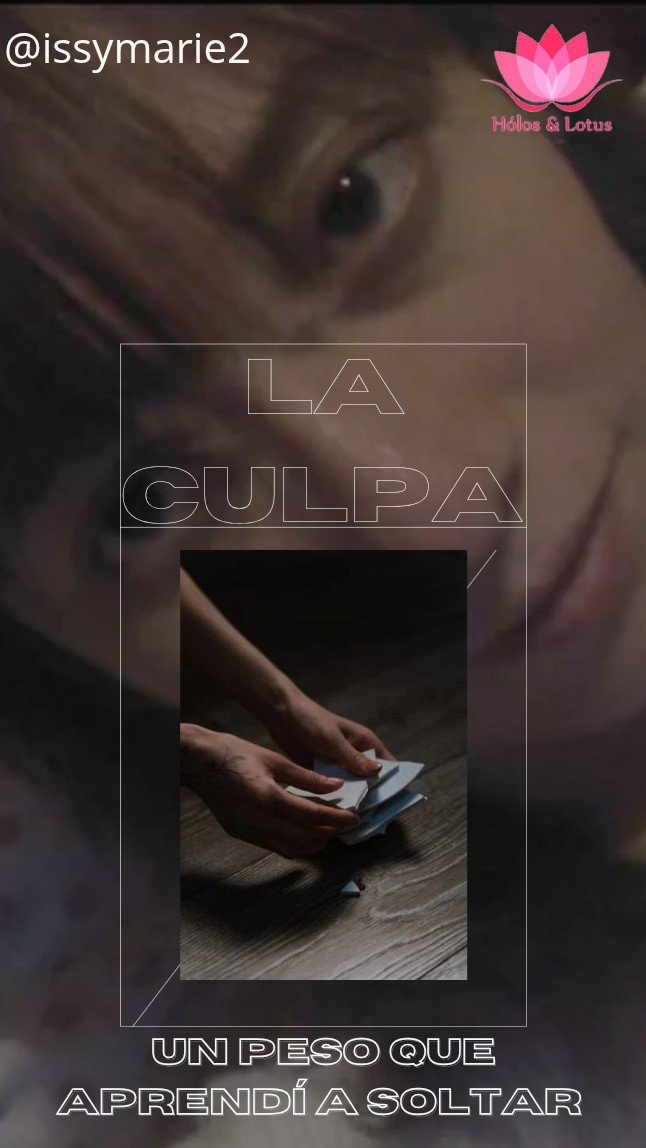
Un día desperté en medio de ese mar de incertidumbres ¿lo conoces? Se que si, aunque quizás tu respuesta esquiva al igual que tu mirada digan otra cosa.
En la parte de lo que se dice “crecer” llegan varias emociones, sensaciones y adicciones, algunas controladas y otras simplemente desbordadas, bajo este punto me centraré en la ”culpa” ya que encaja en las tres partes antes mencionadas.
Si no lo habías notado o visto bajo este punto de vista te invito a leer, analizar y claro está también dejar tu sano y constructivo comentario.
La “culpa”, está llega en nuestra infancia, cuando la mente ya entiende lo que podemos estar haciendo, “un niño o niña rompe su juguete, llora como si fuese el fin del mundo” es ahí donde nace la culpa, una que está en él o ella misma y otra parte en sus padres, no comprende que el acto realizado fue por su causa y no por sus padres, es ahí donde se debe hacer entender que: “toda causa tendrá su efecto” y en este caso es el juguete roto.
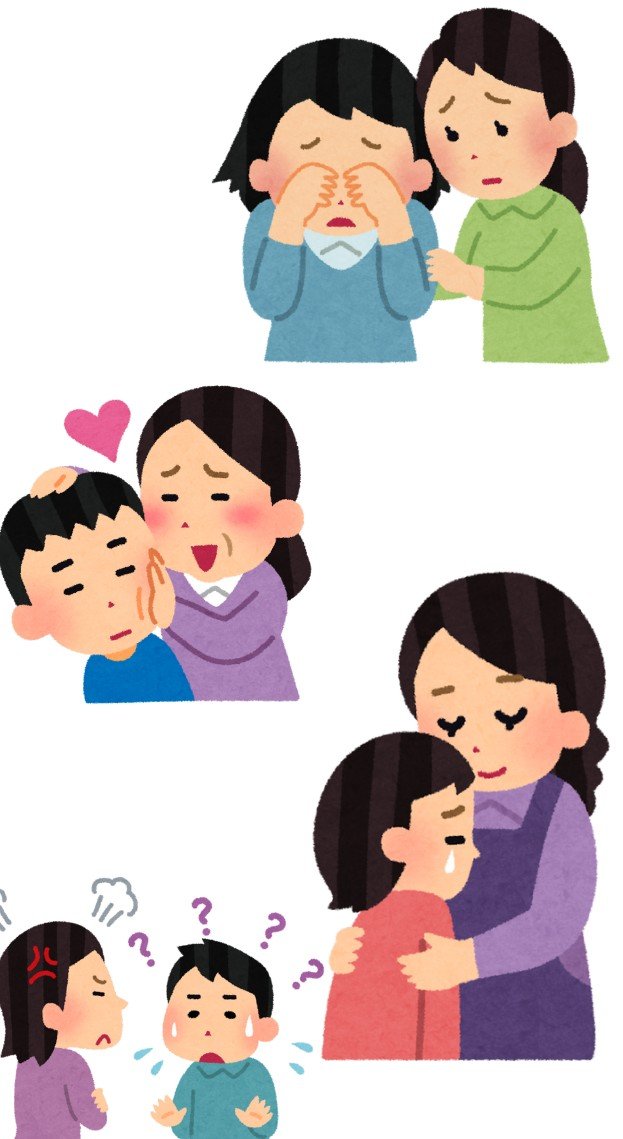
Al seguir creciendo y ya entendiendo que el ser poco cuidadosos tendrá efectos desagradables se vuelven más calmos, pero llega una nueva cosa, la “culpa” por mentir o decir malas palabras en medio de un disgusto.
Nada peor para un niño o niña que ver la mirada triste de sus padres ante la ofensa verbal, la culpa parece carcomer al niño y ofrece una sincera disculpa, pero la culpa queda tatuada de forma permanente.
Luego al ser adultos podemos entender mejor, comprendemos que hay distintos tipos de culpa en nuestro diario vivir las cuales son:
Culpa Sana
Esta es una emoción constructiva lo cual significa que puede entregar un tipo de motivación, esta llega regularmente cuando debemos realizar trabajos de responsabilidad.
Culpa Moral.
Esta se relaciona con las transgresiones en el diario vivir, aquellas que son de forma ética, moral, religiosas, personales y sociales.
Esta se ve reflejada cuando hacemos algún agravio en un momento de ira o por ir contra alguna creencia o punto de vista.
Culpa Personal
Esta culpa surge cuando sentimos que no hemos sido claros con nuestros deseos o convicciones , aparece cuando la sensación de fallarnos a nosotros mismos se vuelve una realidad.
Además de eso está la parte importante de no poder cumplir con esas expectativas que nos imponemos.
Culpa Interpersonal
Sin duda esta es la que más conocemos, esta llega a nosotros cuando sabemos que hemos hecho algo mal ya sea de forma voluntaria o involuntario y la tercera persona se siente menoscabada.
Culpa Patológica
Esta culpa puede acarrear problemas psicológicos si se sale de control.
Aquí vemos la sensación desbordada ya sea de culpar o autoculparse de forma irracional por eventos que salen de sus manos.
Ahora que he mencionado los distintos tipos de culpa es que vuelvo a decir que “la culpa es una emoción y sentimiento adictivo”, en ciertas ocasiones la adicción a culpar o culparse sale de las manos, sentirse la víctima en todo momento quizás para acaparar preocupaciones o hasta para asegurarse de que las personas no se alejen de ella o él.
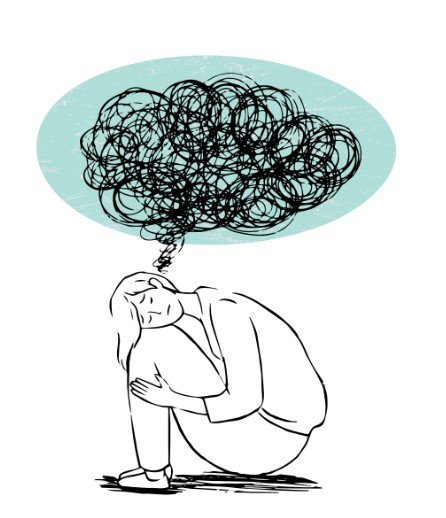
Cuando logramos distinguir qué tipo de culpa es la que acarreamos en nuestro ser es que podemos comenzar a trabajar en nosotros mismos.
La culpa en este sentido puede hacer que nuestra autoestima sea demasiado baja, es ahí cuando muchos pueden llegar a sentirse “insignificantes o innecesarios”, vivir con palabras las cuales llegan como “pseudo consejos para mejorar” suelen hacer que la persona decaiga y se sumerja en un pozo oscuro y sin fondo.
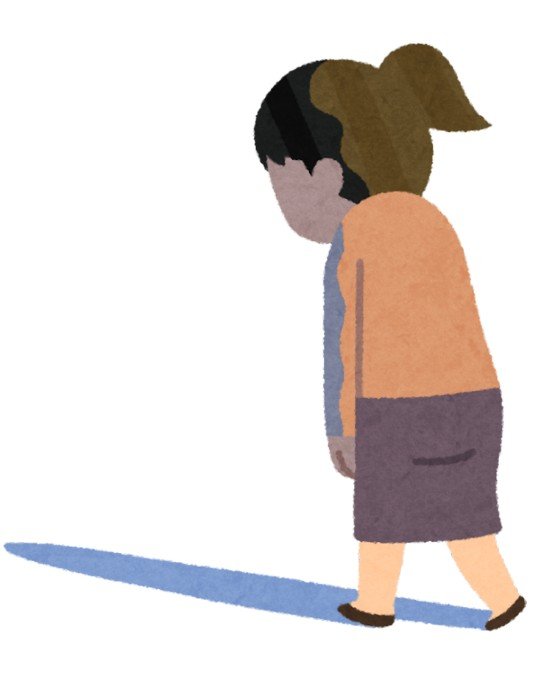
El amor propio parece que se extinguiera dejando a un ser vacío, uno que se alimenta de una culpa que no existe y la visión de su propio ser se corrompe en medio de las palabras y pensamientos.
Para lograr una sanidad mental y alejar la culpa de la mente es que la persona debe acudir en ayuda, es ahí que debe entender que su propio bienestar está por sobre todo y que las palabras que ha escuchado están alejadas de la realidad, una vez comprendiendo eso es que el “amor propio” comienza a brotar.
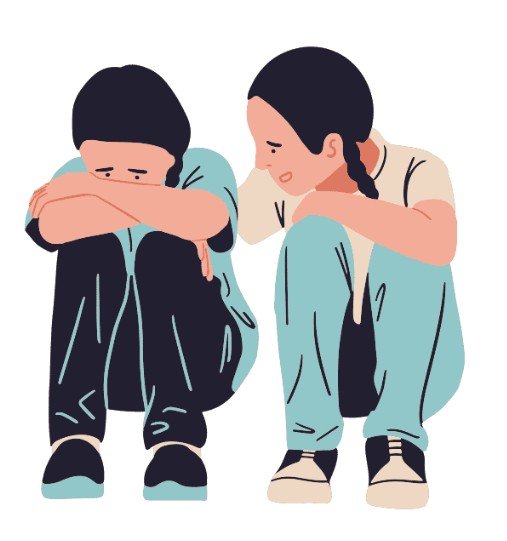
Un poco de mi
Por mucho tiempo me culpe de forma destructiva, mi culpa ya estaba siendo “patológica” ya que sentía que todo lo que ocurría era por mi causa, sentía que cada palabra dicha recaía en mis hombros, fue así que comencé a hacerme cargo de labores qué no me correspondía y de palabras malintencionadas que no deberían haber sido para mi.
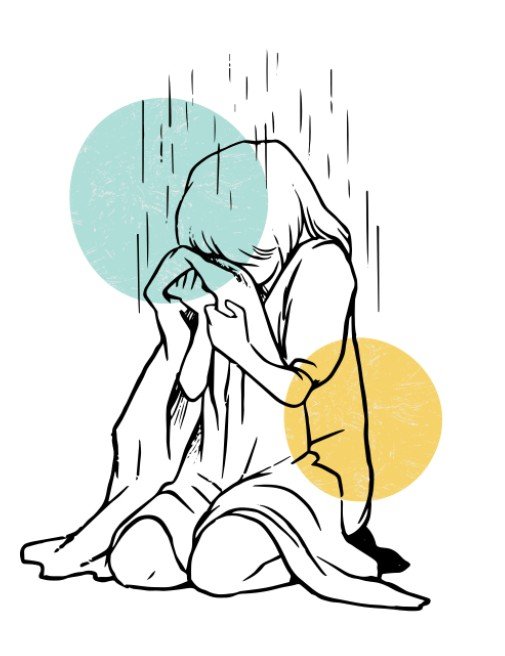
Culpas de todo tipo, por gastos económicos si es que me enfermaba o si me hacía falta algo, esta culpa nunca debería estar en la mente de una niña o adolescente ya que al crecer cuesta mucho dominarla o entenderla.
Luego pase por la culpa de tragedias familiares, culpa de mi propio accidente, culpa por mis marcas de quemaduras, culparme se volvió crónico y no lo veía.
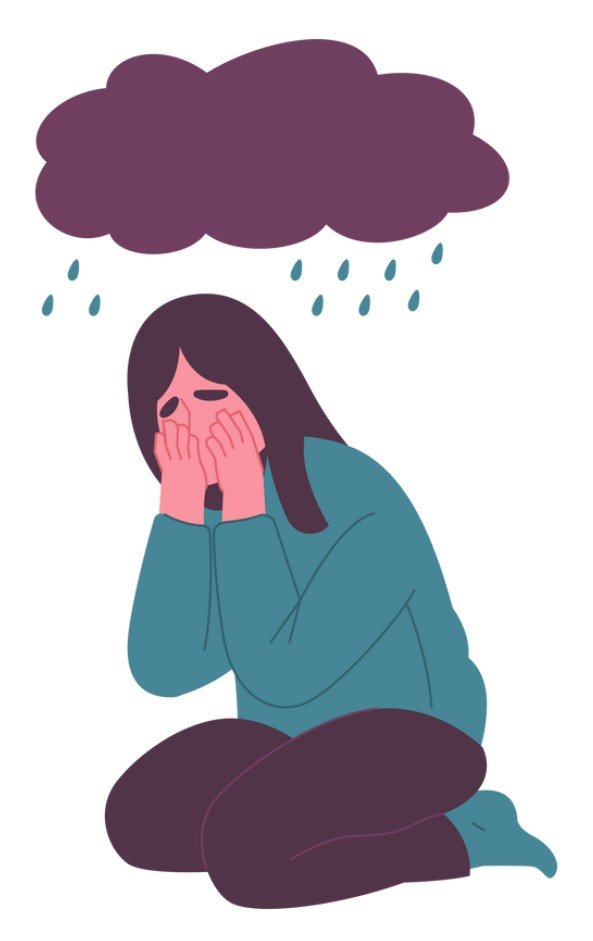
Sin embargo a lo largo del vivir y recibiendo ayuda profesional y apoyo moral es que esta culpa empezó a disiparse, comprendí que no era una “deidad” qué podía manejar tooodddo lo que ocurría a mi alrededor, entendí que la culpa estaría por más que no fuese mía y que debía soltarla, superarla y disculparme a mí misma por sentirla.
Cuando aprendí a quererme y valorarme por lo que soy y como soy es que empecé a ser más feliz y consecuente, deje de sentir culpa por pensar distinto y por dar mi opinión, deje de sentir culpa por gastar dinero en mi misma, abandone la culpa por disfrutar de tiempo para mi y solté la culpa de aquellas palabras que por tanto tiempo estuvieron en mi.
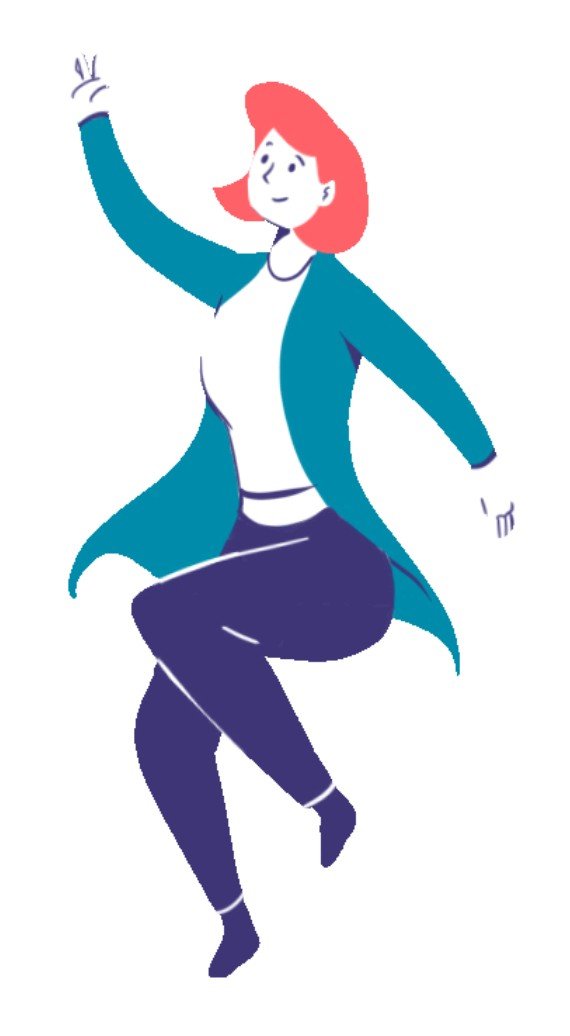
Al aprender a controlarla, ya que la culpa no la podemos erradicar, es que empecé a disfrutar cada momento, entendí que hay culpas que no son malas y son hasta traviesas y las culpas que sean grandes y parezcan bolas de nieve las puedo hablar y recibir apoyo y consejos para tratar de remediar la situación.
Muchas veces vemos todo tan negro que olvidamos que están los grises y que la culpa que ha nacido puede ser hablada y analizada, no siempre es algo grave, debemos aprender a observarlas y calmarnos ya que esa calma trae “casi” siempre una buena solución en sus manos.
Algunos consejos
1- Felicitarse: Decirnos siempre que lo estamos haciendo bien, que nos quedo lindo o sabroso, dependiendo lo que estemos realizando.
2- Conversar con nosotros mismos: Tomar unos minutos al día para conversar con nosotros mismos es fundamental, sincerarnos frente al espejo viéndonos es una maravillosa terapia.
3- Delegar: Compartir las responsabilidades sin duda es una tarea y que aleja las culpas por querer hacer todo solas o solos.
4- Reír: La risa es una maravillosa terapia, una que aleja aquellos pensamientos negros transformandolos en distintos colores
Recuerda que la culpa es una emoción y que puedes controlarla y si en caso de que solo o sola no pudieses no tengas vergüenza en pedir ayuda.

English
The Seventh Day Initiative 19 columnGuilt and its tools for loving us. from user friend @emiliorios leads us to a wonderful topic,
Join this initiative and leave your opinion about it, share your experience and your wise advice, all this for the @holos-lotus community.
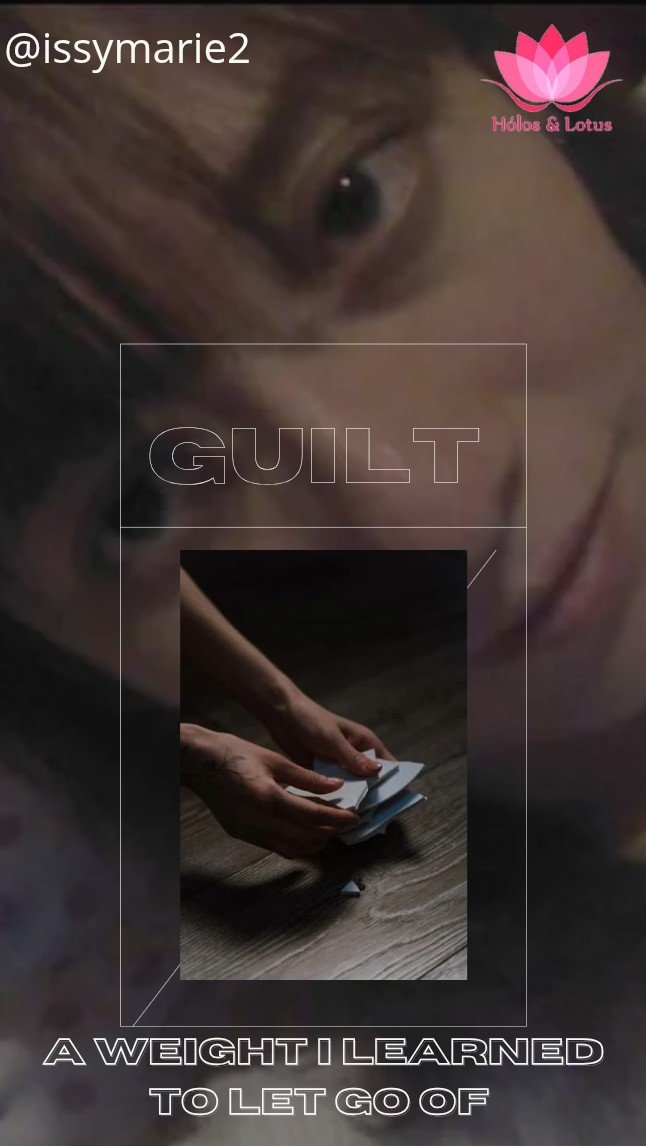
One day I woke up in the middle of that sea of uncertainties, do you know it? I know you do, although perhaps your elusive answer as well as your gaze say otherwise.
In the part of what is said "growing up" come several emotions, sensations and addictions, some controlled and others simply overflowing, under this point I will focus on "guilt " since it fits in the three parts mentioned above.
If you had not noticed or seen it under this point of view I invite you to read, analyze and of course also leave your healthy and constructive comment.
The "guilt" comes in our childhood, when the mind already understands what we may be doing, "a child breaks his or her toy, cries as if it were the end of the world" is where the guilt is born, one that is in him or herself and another part in his or her parents, does not understand that the act was done by his or her cause and not by his or her parents, that is where it should be made to understand that: "every cause will have its effect" and in this case it is the broken toy.

As they continue to grow and already understand that being careless will have unpleasant effects, they become calmer, but a new thing arrives, the "guilt" for lying or saying bad words in the middle of an upset.
Nothing worse for a child than to see the sad look on his or her parent's face at the verbal offense, the guilt seems to eat away at the child and he or she offers a sincere apology, but the guilt is permanently tattooed.
Then as adults we can understand better, we understand that there are different types of guilt in our daily lives which are:
Healthy Guilt.
This is a constructive emotion which means that it can provide a type of motivation, this comes regularly when we must perform responsible work.
Moral Guilt.
This is related to transgressions in daily life, those that are ethical, moral, religious, personal and social.
This is reflected when we do something wrong in a moment of anger or for going against some belief or point of view.
Personal guilt
This guilt arises when we feel that we have not been clear with our desires or convictions, it appears when the feeling of failing ourselves becomes a reality.
In addition to that there is the important part of not being able to fulfill those expectations we impose on ourselves.
Interpersonal guilt
Undoubtedly this is the one we know the most, this comes to us when we know we have done something wrong either voluntarily or involuntarily and the third person feels undermined.
Pathological guilt
This guilt can lead to psychological problems if it gets out of control.
Here we see the overflowing feeling of either blaming or irrational self-blaming for events that get out of hand.
Now that I have mentioned fine types of guilt is that I say again that "guilt is an addictive emotion and feeling", on certain occasions the addiction to blame or blaming gets out of hand, feeling the victim at all times perhaps to hoard worries or even to make sure that people don't push her or him away.

When we manage to distinguish what type of guilt is the one we carry in our being is that we can begin to work on ourselves.
Guilt in this sense can make our self-esteem too low, that is when many can feel "insignificant or unnecessary", living with words that come as "pseudo advice to improve" often make the person to decline and sink into a dark and bottomless pit.

Self-love seems to be extinguished leaving an empty being, one who feeds on a guilt that does not exist and the vision of his or her own self is corrupted amidst words and thoughts.
To achieve mental healing and remove the guilt from the mind is that the person must come to help, it is there that you must understand that their own welfare is above all and that the words you have heard are far from reality, once understanding that is that the "self-love" begins to sprout.

A little bit of me
For a long time I blamed myself in a destructive way, my guilt was already being "pathological" because I felt that everything that happened was because of me, I felt that every word I said fell on my shoulders, so I began to take responsibility for work that did not correspond to me and malicious words that should not have been for me.

Guilt of all kinds, for economic expenses if I got sick or if I was missing something, this guilt should never be in the mind of a child or adolescent because it is very difficult to master or understand it when I grow up.
Then I went through the guilt of family tragedies, the guilt of my own accident, guilt for my burn marks, blaming myself became chronic and I did not see it.

However, as I lived and received professional help and moral support, this guilt began to dissipate, I understood that I was not a "deity" who could handle everything that happened around me, I understood that the guilt would be there even if it was not mine and that I had to let it go, overcome it and apologize to myself for feeling it.
When I learned to love and value myself for who I am and how I am is when I started to be happier and more consistent, I stopped feeling guilty for thinking differently and for giving my opinion, I stopped feeling guilty for spending money on myself, I abandoned the guilt for enjoying time for myself and I let go of the guilt of those words that for so long were in me.

When I learned to control it, since we cannot eradicate guilt, I started to enjoy every moment, I understood that there are guilts that are not bad and are even naughty and the guilts that are big and seem like snowballs I can talk about them and receive support and advice to try to remedy the situation.
Many times we see everything so black that we forget that there are the grays and that the guilt that has been born can be talked about and analyzed, it is not always something serious, we must learn to observe them and calm down since that calmness brings "almost" always a good solution in your hands.
Some advice
1- Congratulate ourselves: Always tell ourselves that we are doing well, that it was nice or tasty, depending on what we are doing.
2- Talk to ourselves: Taking a few minutes a day to talk to ourselves is essential, being honest with ourselves in front of the mirror is a wonderful therapy.
3- Delegate: Sharing responsibilities is undoubtedly a task that removes the guilt of wanting to do everything alone.
4- Laughing: Laughter is a wonderful therapy, one that takes away those black thoughts transforming them into different colors.
Remember that guilt is an emotion and that you can control it and in case you can't do it alone, don't be ashamed to ask for help.

Las imágenes usadas fueron creadas en canva.


Felicitar, conversar, delegar y reir, ¡a nosotros mismos!
No hay mejor consejo que valorarnos con amor.
¡Maravilloso! Gracias, @issymarie2
Gracias por el espacio para poder expresar mi opinión y sentir hacia este tema.
Opiniones siempre importantes, gracias, @issymarie2
Discord Felicitaciones, su publicación ha sido votada por @ dsc-r2cornell. Puedes usar el tag #R2cornell. También, nos puedes encontrar en
Muchas gracias por su apoyo amigos.